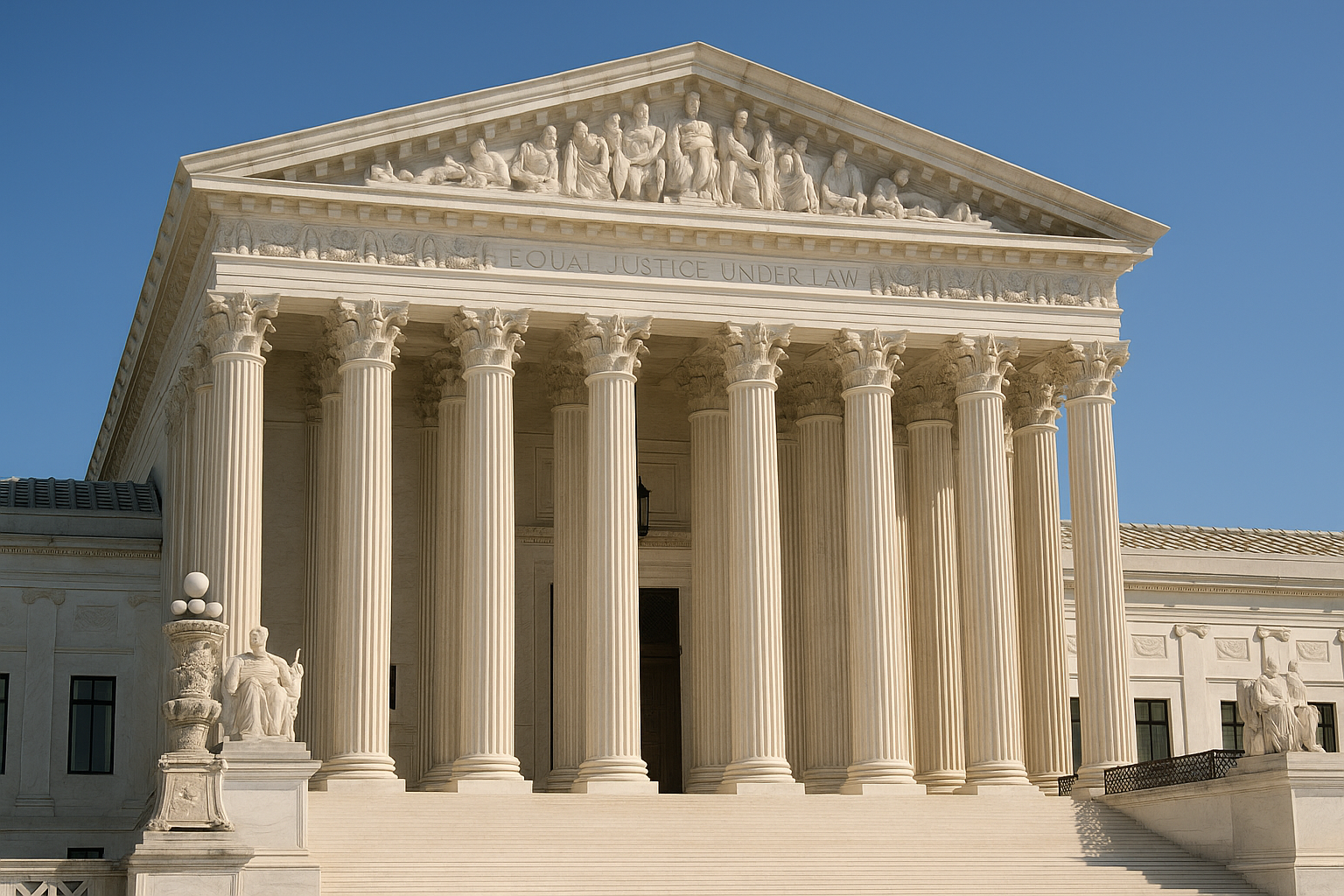The balance of power in the United States may soon face one of its most significant tests. The Trump administration has submitted an urgent request to the Supreme Court, asking it to lift a federal injunction that currently prevents mass layoffs within the federal workforce. If approved, the decision could reshape the structure of public service in the country.
Downsizing the state through executive action
According to the administration, the proposed layoffs are part of a broader effort to reduce bureaucracy and increase government efficiency. Key departments such as Agriculture, Commerce, Health and Human Services, State, Treasury, and Veterans Affairs are among those targeted.
While framed as a necessary correction to what officials describe as an outdated and bloated structure, the timing and scope of the proposal have sparked intense national debate. For many, this is not just a budget decision but a symbolic shift in how federal power is exercised.
A legal and constitutional turning point
Lower courts previously blocked the layoffs, arguing that the president cannot proceed with such sweeping cuts without congressional approval. In response, the Department of Justice maintains that the Constitution grants the Executive Branch full authority over federal personnel management.
The Supreme Court has asked for a formal response from opposing parties by June 9. A decision could arrive shortly after and may set a lasting precedent in defining the reach of presidential authority.
Why this moment matters
This case extends far beyond administrative restructuring. It could affect how millions of Americans experience public services, from healthcare to agriculture to support for veterans. Supporters of the plan argue that government needs to be leaner and more accountable. Critics worry that this approach will weaken the very infrastructure that sustains public trust.
As the legal battle unfolds, one thing is clear: this is more than a clash of policy. It is a confrontation between interpretations of power, responsibility, and the very foundation of democratic governance.







